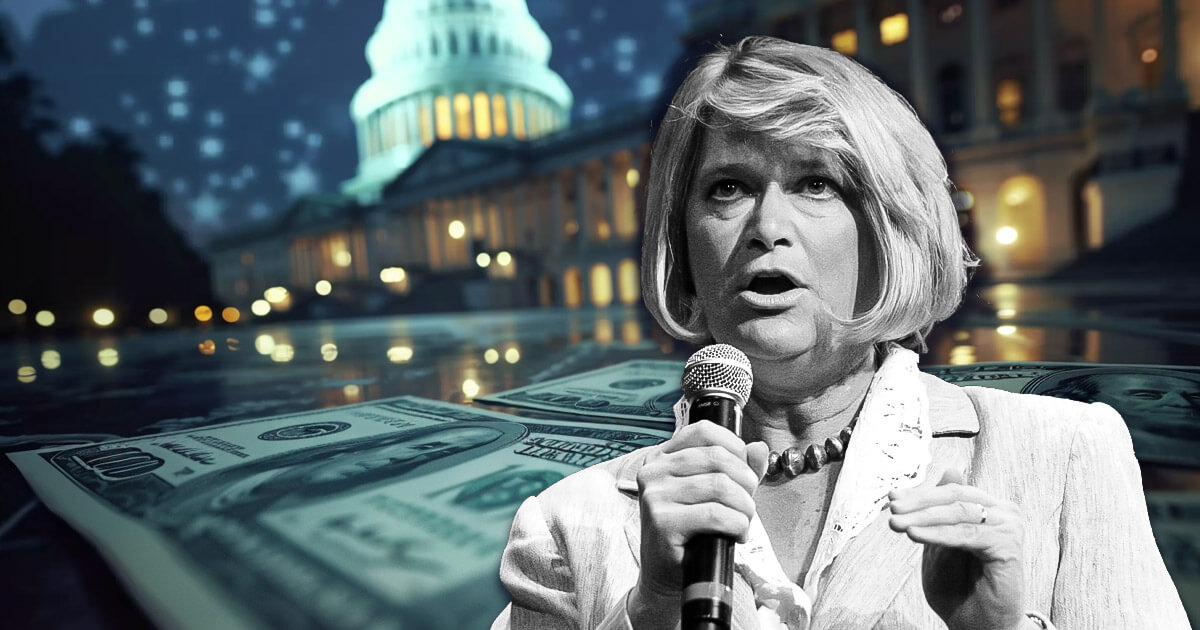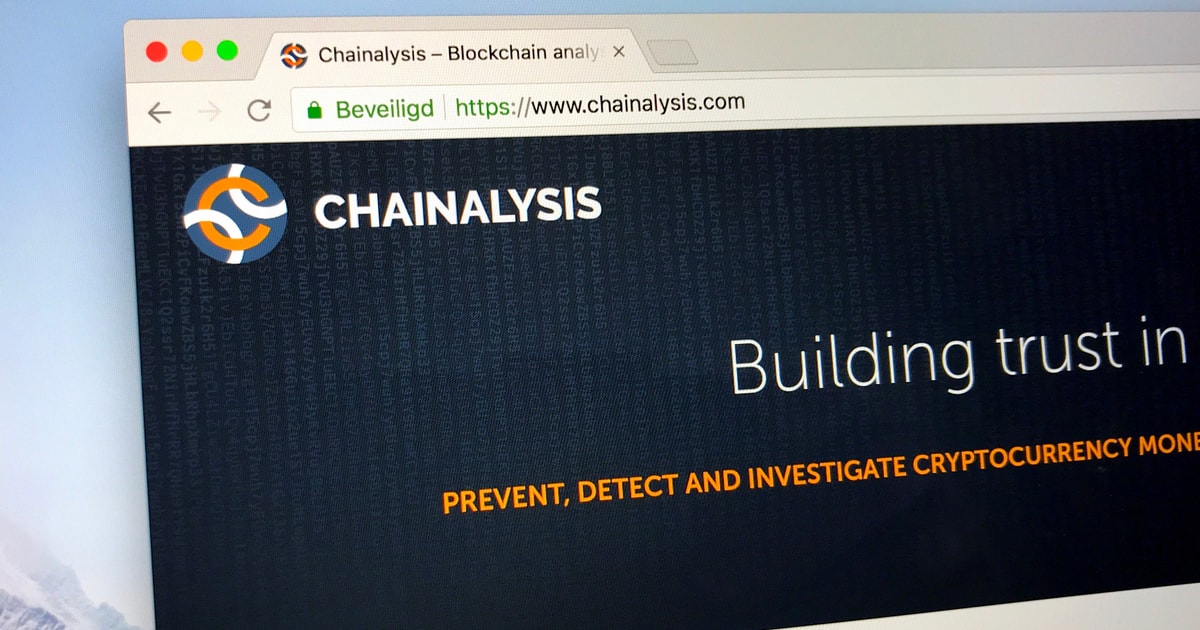India is replacing a complete crypto ban plan with regulations, The Indian government is reportedly developing a legal framework on cryptocurrency following the G20 Summit on September 9 and 10.
Accordingly, the 2023 G20’s outcome shed light on the coming crypto guidelines, which was crafted in a joint policy recommendation by the International Monetary Fund (IMF) and the Financial Stability Board (FSB).
The IMF-FSB-backed proposals primarily targeted the regulation of stablecoins and decentralized finance (DeFi) activities. However, the demand for other tokens in large in India.
The policy paper explained how the regulatory frameworks and policies proposed by both the IMF and the FSB can work together, but it didn’t create or introduce any new policies, recommendations, or expectations for the relevant authorities
This document marked a shift from India’s original ban plans to regulatory clarity. As a result of the event, a regulatory framework is in the works.
Ban Off The Table
Siddharth Sogani, the CEO of CREBACO, said that the Indian authorities are working on a five-point crypto regulatory framework. If approved, the framework could become new legislation in India and other G20 countries in the next five to six months. Sogani has held close connections with government representatives.
The CEO of CREBACO also specified the five points of the framework, including the implementation of Know Your Customer (KYC) procedures, real-time proof-of-reserve audits, uniform taxation policies, authorized dealer status set by the Reserve Bank of India (RBI), and the appointment of key positions, such as Money Laundering Reporting Officers (MLROs), within crypto platforms.
India has long been a crypto skeptic. The country’s regulators previously anounced plans to ban cryptocurrency completely. Adding to the stiff stance, India has pursued the exploration and development of a digital rupee as part of the plan.
The Central Bank of India (RBI) also proposed imposing a 30% tax on profits from cryptocurrencies and related assets. Sogani said that global regulators are open to alternative to crypto bans.
“Regulations are inevitable, this ecosystem has grown substantially strong without regulations. Just imagine how well would it grow with proper regulations in place. Also, regulated markets reduce the risks of scams and illicit activities,” he added.
Open Dialogue: Will China Lift The Ban?
China government has maintained a tough stance toward cryptocurrency. In 2017, Beijing took a significant step by banning virtual currency exchanges and initial coin offerings (ICOs).
The crackdown was particularly impactful since, at the time, China was responsible for a staggering 90% of total global Bitcoin transactions. Despite this ban, individual investors still found ways to purchase virtual currencies through foreign exchanges.
In 2021, the country imposed a nationwide ban on financial institutions and payment companies. Under the new rule, these entities aren’t allowed to provide services linked to digital currencies, such as registration or transactions.
Interestingly, while the Asian powerhouse has been unwavering in its stance against cryptocurrencies, it has actively promoted the building of a central bank digital currency (CBDC). The country later launched its digital yuan, aiming for a cashless future and control over the payment sector.
China has alternatively shown support for blockchain and metaverse. One example is that China’s Sichuan provincial government plans to grow the metaverse industry to 250 billion yuan by 2025.
Unlike China, in the US, large businesses and financial institutions are racing to explore opportunities in the digital currency world. PayPal, Mastercard, and Visa, among others, are expanding reach with their new offerings related to cryptocurrency. Several tech giants have established digital currency trading and investment departments.
With India’s recent shift toward embracing cryptocurrency regulations, there’s growing speculation about whether China will pivot toward new approaches. China didn’t participate in the G20 Summit this year.
Credit: Source link















































